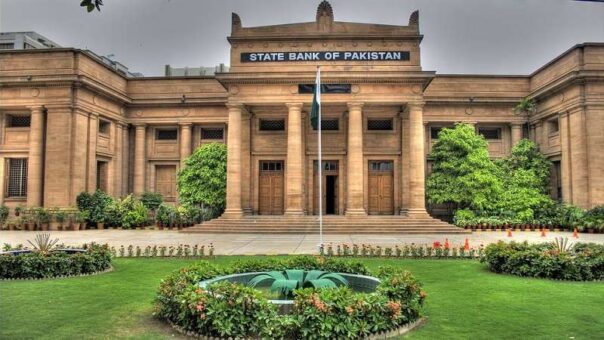Karachi, August 28, 2023 – Foreign investors operating in Pakistan have repatriated a meager $2.1 million in July 2023, marking a staggering 87 percent plunge compared to the same month in the previous year.
This sharp decline in profit and dividend repatriation is reflective of the challenging economic landscape and capital controls imposed by the country.
READ MORE: Weekly Inflation Inches Up: Pakistan Bureau of Statistics
Data released by the State Bank of Pakistan (SBP) on Monday revealed that foreign investors had repatriated a substantial $16.5 million in July of the preceding year. However, this year, the profit repatriation from foreign direct investments amounted to only $1.5 million, while the outflow of dividends and profit from portfolio investments was a modest $0.6 million.
Among the sectors, the oil and gas exploration industry stood out with the highest profit repatriation by foreign companies operating in Pakistan. Multinational corporations in this sector repatriated $0.6 million to their overseas headquarters. In addition, electronics companies sent $0.4 million in profits back home, while power companies repatriated $0.3 million in dividends and profits to their overseas offices.
READ MORE: Foreign Exchange Reserves of Pakistan Decline by $131 Million: Central Bank
The drastic decline in profit repatriation by foreign investors can be attributed to capital controls imposed by Pakistan to address its ongoing dollar shortage crisis. Despite receiving a $3 billion bailout package from the International Monetary Fund (IMF), Pakistan’s foreign exchange reserves have been depleting rapidly.
Analysts predict that profit repatriation may pick up in the coming months as the central bank begins to ease import restrictions and relax capital controls. These restrictions have led to a backlog of profits and dividends waiting to be repatriated by overseas investors.
READ MORE: Pakistan’s July Current Account Deficit Shrinks by 36%, Trade Gap Contracts
However, these import restrictions, initially put in place to tackle the current account deficit, have had a detrimental impact on businesses in Pakistan. The nation, already grappling with economic distress, has seen the closure of numerous manufacturing plants and a surge in unemployment due to high interest rates and deliberate policies aimed at reducing demand to control inflation. These factors have severely affected the profits of both local and foreign businesses operating in Pakistan, resulting in fewer funds being sent abroad by multinational corporations.
READ MORE: Prices of Essential Items Jump by 29% in Pakistan
As Pakistan navigates these economic challenges, the government and central bank will likely continue to reassess and adjust their policies to strike a balance between addressing economic imbalances and fostering an environment conducive to foreign investment and profit repatriation. The nation’s ability to achieve this equilibrium will play a pivotal role in its economic recovery and stability.
